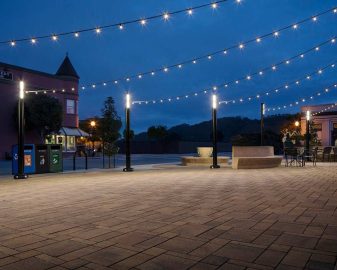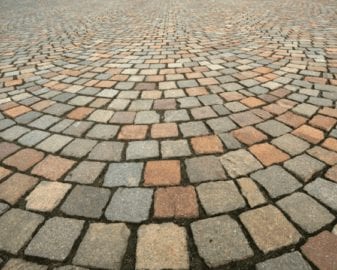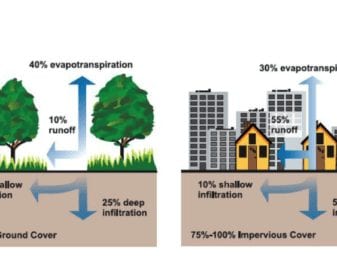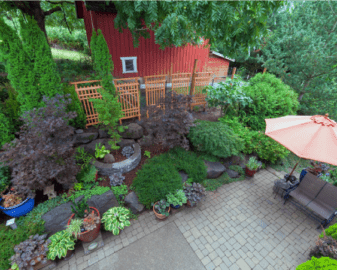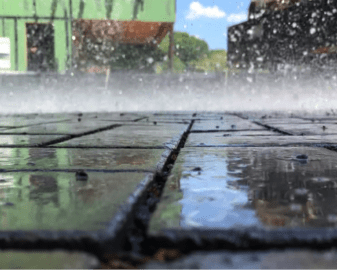Permeable Pavers Blog
EXPLORE OUR PERMEABLE PAVERS ARTICLESAn Overview of the Mechanical Installation Process for Permeable Pavers
Mechanical installation of permeable pavers is a process that uses specialized equipment to automate the laying and compacting of the pavers. This method is often used for large-scale projects, such as parking lots, driveways, and walkways, as it can significantly […]
A Beginner’s Guide to Hardscaping: Permeable Pavers
With such a variety of materials available for hardscaping — from slate to river stone, and from concrete to steel, why has Unit Paving chosen to specialize in permeable pavers? Why, for that matter, do so many of our customers […]
Can Permeable Pavers Improve Your Next Commercial Paving Project?
If you’re planning a commercial paving project, we hope you’re thinking long-term. That means looking past immediate concerns of planning and cost, and thinking of future considerations like maintenance, drainage, use, and sustainability. We must also confess to an ulterior […]
Debunking Permeable Paving Myths
Even though Unit Paving Inc specializes in Value Engineering through permeable interlocking pavers, we are well aware of one inescapable fact: like any other product or service, ours will not be for everyone. Residential and commercial paving projects take so […]
How Permeable Pavement Helps Prevent Urban Flooding
The Carolinas are two of the original thirteen colonies. We’re reminded of this when severe weather buffets the state, since it can feel like key infrastructure hasn’t had much by way of updates since Charleston was founded in 1670, or […]
3 Ways Permeable Pavers Help Manage Stormwater Runoff
Even though Houston is a long way from the Carolinas, the impact of Hurricane Harvey on Texas’s largest city still sent chills up the spine of anyone living in a hurricane-prone area. A combination of overdevelopment and poor wastewater management […]
Why Permeable Pavers are a Growing Trend in Outdoor Design
When something is nearly ubiquitous, it’s easy to forget it’s there. Permeable interlocking concrete pavers (PICP) are one of those items. They’ve been around for thousands of years, but have become especially popular in recent years. They’ve certainly kept us […]
What Are Permeable Pavers?
The Roman Empire is known for its engineering marvels, including aqueducts, public baths, and monumental projects like the Colosseum. One of Rome’s most enduring legacies, however, is also one of its most humble: the paver, passed down through two millennia, […]

